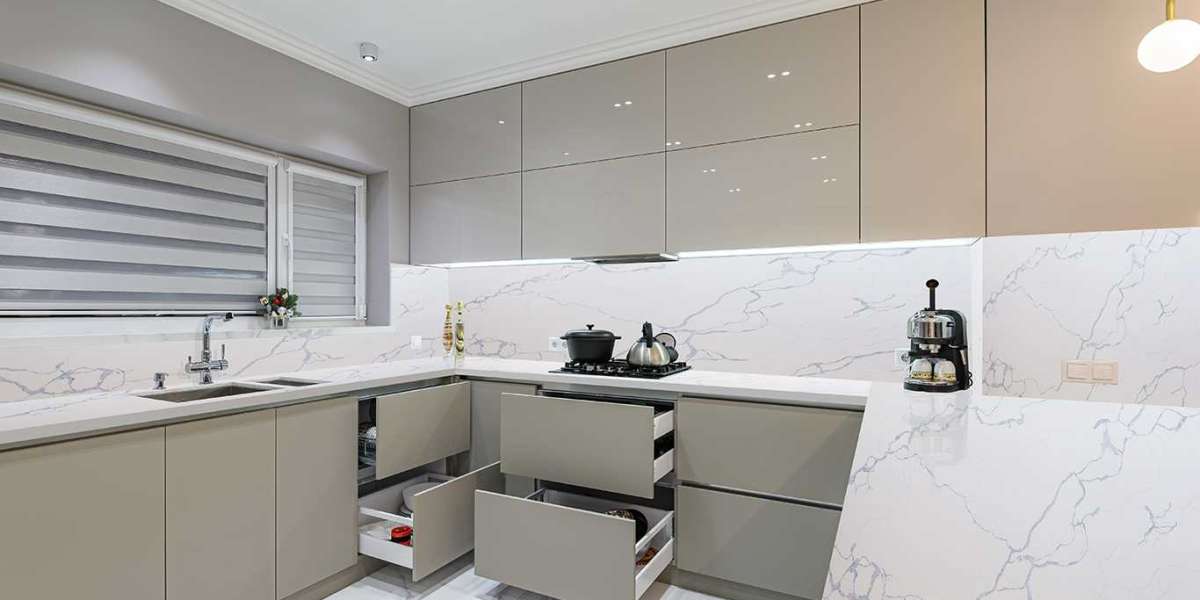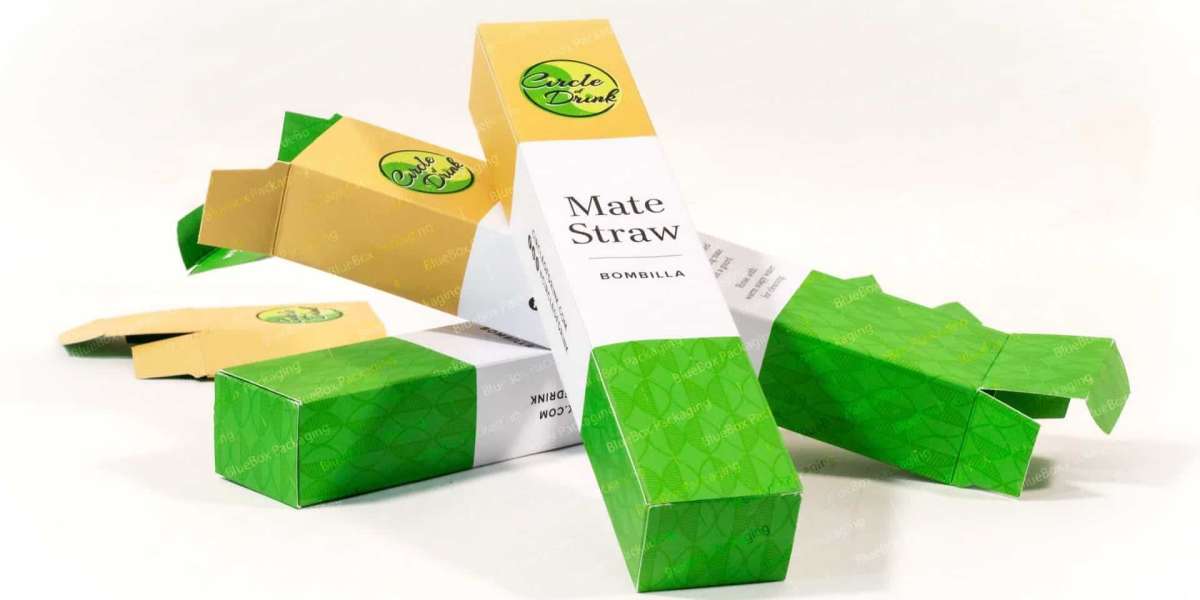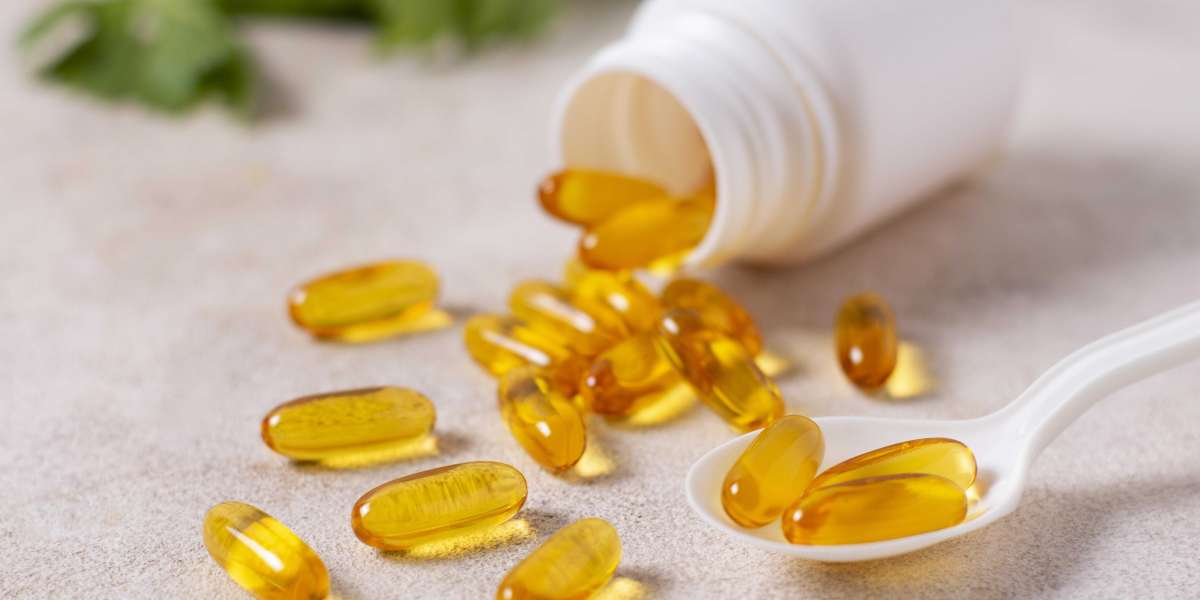Many people ask if quartz countertops can get stained. Let’s break it down.
Quartz countertops are made up of about 90% quartz and 10% resins and pigments. This combination makes them strong and pretty resistant to stains. However, they’re not completely stain-proof.
Do Quartz Countertops Stain easily?
Quartz countertops are more resistant to stains than natural stone surfaces like marble or granite, but they’re not completely stain-proof. Quartz contains artificial resins and pigments, which are made from petroleum by-products. These resins can react with certain substances, leading to stubborn stains. For example, things like permanent marker ink, sodium hydroxide, or strong alkaline chemicals can leave lasting marks on your quartz countertop.
Do Quartz Countertops stain with turmeric?
Turmeric, hard water and tea stains on quartz countertops may be observed, but they do not penetrate as deep as unsealed natural stone. Usually, they are mere surface stains and can easily be removed by washing the quartz countertop using a warm soap solution.
When it comes to turmeric, it is important to not let it sit for long periods of time. If allowed to stay overnight, it may provide these liquids enough time to seep through the quartz stone countertops and hence leave a yellowish stain on the quartz countertop. Hence, it is better to either use darker shade quartz or high-grade quartz as they provide much more stain resistance by using higher quality sealants.
Does Quartz Countertops absorb water?
Quartz countertops are non-porous surfaces and do not absorb water and most other liquids. Engineered Quartz is manufactured using high-sealants. Quartz countertop requires virtually low maintenance, unlike natural stone countertops.
Weaker minerals and impurities are removed in the process of manufacturing quartz countertops. This filtration process leaves only the quartz elements that form a strong surface which is more durable than granite countertops. During the manufacturing process, a permanent seal is created on quartz countertop surfaces leaving no pores. Therefore, these countertops are strong, stain-resistant, and very visually attractive when installed in kitchens.
Is Quartz good for Indian Kitchen?
When it comes to choosing the right material for your kitchen countertops, high-grade quartz is a fantastic option. While it may cost a bit more upfront, it offers many benefits that make it worth every penny.
First, quartz is incredibly durable, meaning it lasts a long time. You won’t have to worry about replacing it anytime soon. It also requires very little maintenance—just clean it with a soft cloth, and you’re good to go!
Another great thing about quartz is its flexibility in terms of colors and designs. Whether you want a sleek modern look or a classic style, you’ll find a quartz countertop that matches your taste perfectly.
So, if you’re planning to upgrade your kitchen, consider high-grade quartz. It’s a smart investment that combines beauty, durability, and practicality for the heart of your home.
How to clean Quartz Countertops Surfaces
- Quartz countertops do not require any sealant to protect the surface and cleaning with warm soapy water is the best cleaning solution.
- Any dried food on the quartz countertop can be scraped with a plastic tool, such as a putty knife gently.
- Wipe away any grease with disinfectants or degreasing products that do not contain bleach and wash the countertop immediately.
- For any tough stains use an adhesive remover and wipe it off completely with warm water.
- All quartz countertops are scratch-proof, heat-resistant, and durable; therefore, proper care is necessary to keep the countertop immaculate for a lifetime.
- How to seal natural granite or marble.
Quartz Countertops – An Overview
Quartz countertops are strong, durable, designer‐friendly, versatile and require low maintenance making them an ideal material for the kitchen. The quartz countertop is composed of approximately 93% quartz particles and 7% binding resins and additives. Quartz is crystallized silicon dioxide (SiO2) that is white or transparent in colour and is resistant to acids. It is found in various other shades when comes in contact with natural impurities during formation. Man-made quartz surfaces use natural quartz grains with resins to create non-porous, super-strong materials that can be developed in different colours, patterns, textures, and finishes.
Quartz countertops are a highly popular choice for modern kitchens across the globe. Quartz is fabricated into slabs that can be cut into desired sizes. Engineered Quartz Countertops are available at a reasonable price and durable but more expensive than granite and marble counters. Granite and marble are more durable but are costlier than plastics and laminates. Quartz countertops are scratch resistant, and lower maintenance countertop slabs compared to marble and granite. Also, it does not require sealing and does not stain easily.







